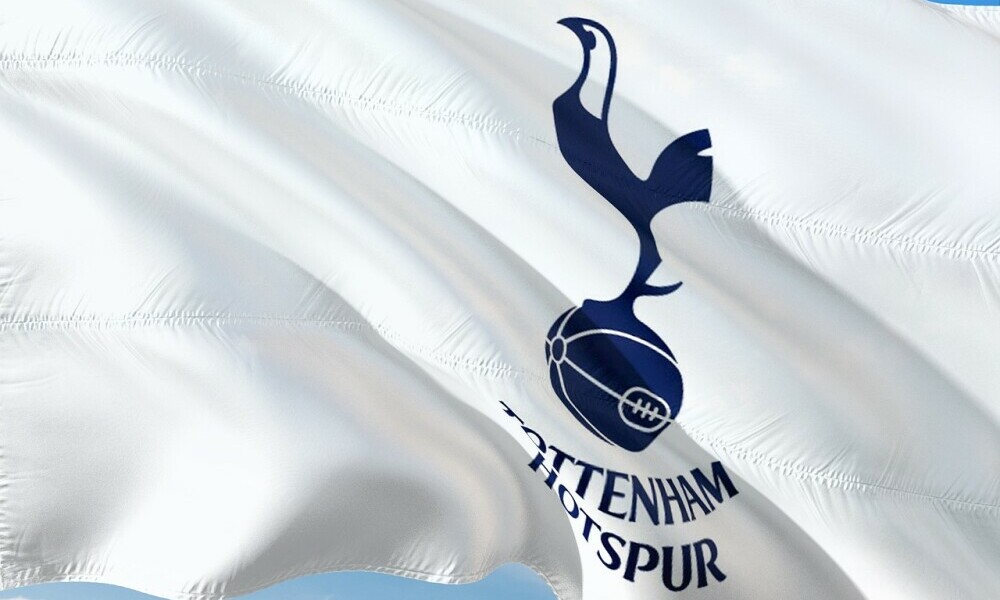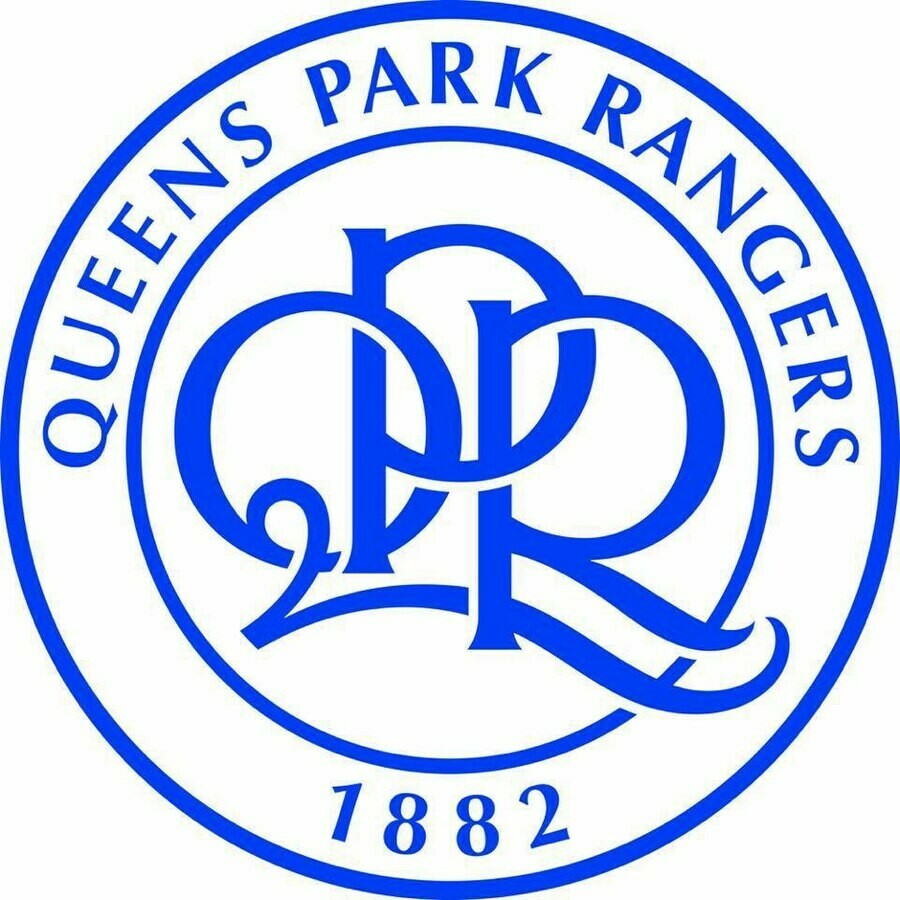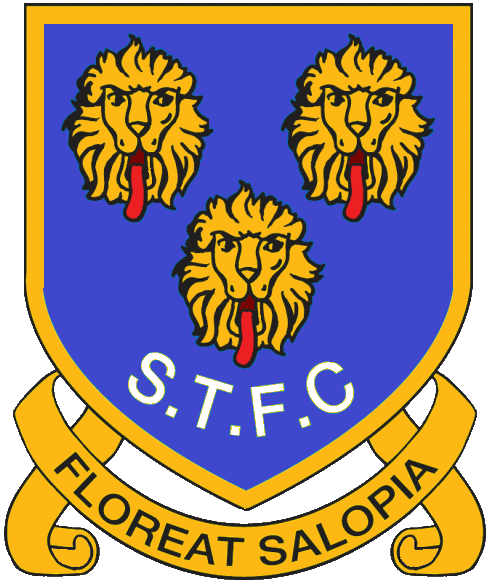Ever since the very first playing back in 1872, the FA Cup has captured the hearts and minds of fans with its knockout format and the thrill of underdog victories. It remains the most revered of tournaments, filled with thrills and spills through its 110-year history. Our third member of the 1980s FA Cup Winners list is Tottenham Hotspur.

The 1981-82 instalment of the FA Cup marked the 101st playing of the tournament – nine years were lost to WWI and WWII. Whilst this year’s Cup didn’t conclude with the drama of an own-goal equaliser, the volleyed rocket from Steve MacKenzie or, of course, Ricky Villa’s penalty box slalom, this season maintained the enchanting allure that has become synonymous with the competition. The trophy was again lifted by Tottenham Hotspur, a team of derring-do from North London, adding another chapter to their decorated history.
Tottenham’s journey to their eventual triumph wasn’t made easy, least of all by their opponents in the final, Queens Park Rangers (QPR). Managed by former Chelsea, Spurs and QPR player Terry Venables, they stood their ground, in a tense draw as they managed to limit Spurs mainly to long-range efforts. That game went to extra time, with a final score of 1-1 draw before the replay which ended in a 1-0 win for Spurs.
The Path to Wembley: Spurs and QPR’s Road to the Final
Spurs’ journey to defend their title from the previous year was far from straightforward. In their semi-final, Spurs faced second-division Leicester City at Villa Park. This clash saw Spurs prevail with a 2-0 win. A goal from Garth Crooks on 56 minutes and Ian Wilson’s own goal on 76 minutes settled the tie.
On the other side, QPR earned their spot in the final with a victory over West Bromwich Albion. As it unfolded at Highbury, the battle was settled with an intervention from former Wolves trainee Bob Hazell. His attempt to direct the ball towards the goal at the North Bank was scuffed away by Ally Robertson only to hit Clive Allen and rebound into the goal. Cue pandemonium among the Rangers fans. With twenty minutes left, this turned out to be the decisive moment as the Hoops took a 1-0 victory. For the first time, Wembley beckoned.

So, we had an all-London final, first division vs second division. We had all the ingredients for a classic encounter. Spurs were seen as favourites. This was due in no small part to their higher league status, but also the fact that they were holders. Naturally, they wanted to keep hold of the Cup. However, QPR had already beaten first-division WBA in the semi-final, so they could not be underestimated.
The Final Showdown and the Glory of Spurs
Although a low-scoring affair, the two games of the final tie in the 1981-82 FA Cup didn’t disappoint. Both games were fascinating tactical battles between the north London aristocrats coached by Keith Burkinshaw and the west London outfit coached by the up-and-coming Terry Venables.
Spurs and Rangers faced off in a final that encapsulated both teams’ arduous journey through the competition. In the first duel on 22 May, the match was hard fought, and after 90 minutes could not separate the two teams, an additional 30 were played. During extra-time, Glenn Hoddle opened the scoring in the 110th minute with a deflected shot from the edge of the penalty area. He sank to his knees, thinking he had won the Cup. But not today, because five minutes later, with a bullet header from Bob Hazell’s flick-on from a long throw, Terry Fenwick tied things up.
So, it was another replay. 5 days later, Wembley Stadium once again welcomed the teams, with thousands of eager fans filling the historic venue, all yearning for Cup glory. Six minutes in, QPR skipper Tony Currie took the legs from underneath Graham Roberts as he slalomed, almost Villa-esq into the area. Penalty!
Spurs’ midfield talisman, Glenn Hoddle, renowned for his poise and precision, dispatched the ball past Peter Hucker. This time, he had won the Cup. This was despite all the best efforts of the opposition. Common consensus has it that QPR were the better side, but they just could not find their way to goal.
Unexpected Heroes and Giant-Killers of the Tournament
Every FA Cup features those matches that throw the form book out of the window. For those ninety minutes, it ignores the usual narratives of the big clubs striding towards silverware and focuses on the minnows instead. The 1981-82 season was no different as it shone a spotlight on the underdogs, with teams like Shrewsbury Town embodying the Cup’s magic of improbable successes.
Town’s win against Bobby Robson’s Ipswich Town in the fifth round was due in great part to a goal and an assist from Jake King. First, he played a ball over the top of the Ipswich defence for Steve Cross to volley home before scoring himself when he headed home from Jackie Keay’s flick-on from a David Tong corner.

A goal by Mitch D’Avray with fifteen minutes on the clock was not enough to spare the East Anglia-men’s blushes. This was not a team struggling at the foot of the first division; Ipswich finished second in the league just four points adrift of Champions Liverpool.
Before this victory, the Shrews had beaten fourth-division Port Vale and eventual third-division Champions, Burnley. However, their campaign came to a halt in the quarter-final when losing 5-2 to Leicester at Filbert Street. This was despite the hosts going down to ten men for a time due to two injuries to goalkeepers – back in the days of one substitute.
Winger Steve Lynex spent time in goal in the second half after an injury to the Foxes’ second goalkeeper – centre-forward Alan Young. Young, who was himself a replacement for regular goalkeeper Mark Wallington, did return to resume his temporary position.
Perhaps of greater importance was the story of Altrincham. This non-league side didn’t just show up; they made history by overcoming Sheffield United. They may have been a non-League team, but Altrincham was operating at the very top of the non-League food chain. In the previous two seasons, they had won the Alliance Premier League which meant that they had been able to apply for election to join the Football League. Unfortunately, on both occasions, they did not receive enough votes to overcome any of the bottom four teams from Division Four of the Football League.
This year they drew Sheffield United in the first-round proper. United had been suffering for a few recent seasons – they had just been relegated to division four so in a way, they were ripe for giant-killing. However, this season, they would go on to win the fourth division. This makes Altrincham’s achievement even more impressive. The teams fought out a 2-2 draw at Bramall Lane on 21 November 1981 before Altrincham won the replay 3-0.
In the second round Altrincham drew another fourth-division team in the shape of York City. This time, a 0-0 draw at Bootham Crescent secured another replay. In this game, the Robins ran out 4-3 winners. Unfortunately, they met their match in the shape of Burnley, receiving a 6-1 hammering at Turf Moor.
As the curtain fell on the 1981-82 FA Cup, the tales of Shrewsbury Town and Altrincham and others would fade into the background as Spurs once again won the FA Cup. This was, after all their seventh title, and they were, still to lose a final. But those tales of giant killing remind us of the beauty and the romance that the FA Cup engenders.
